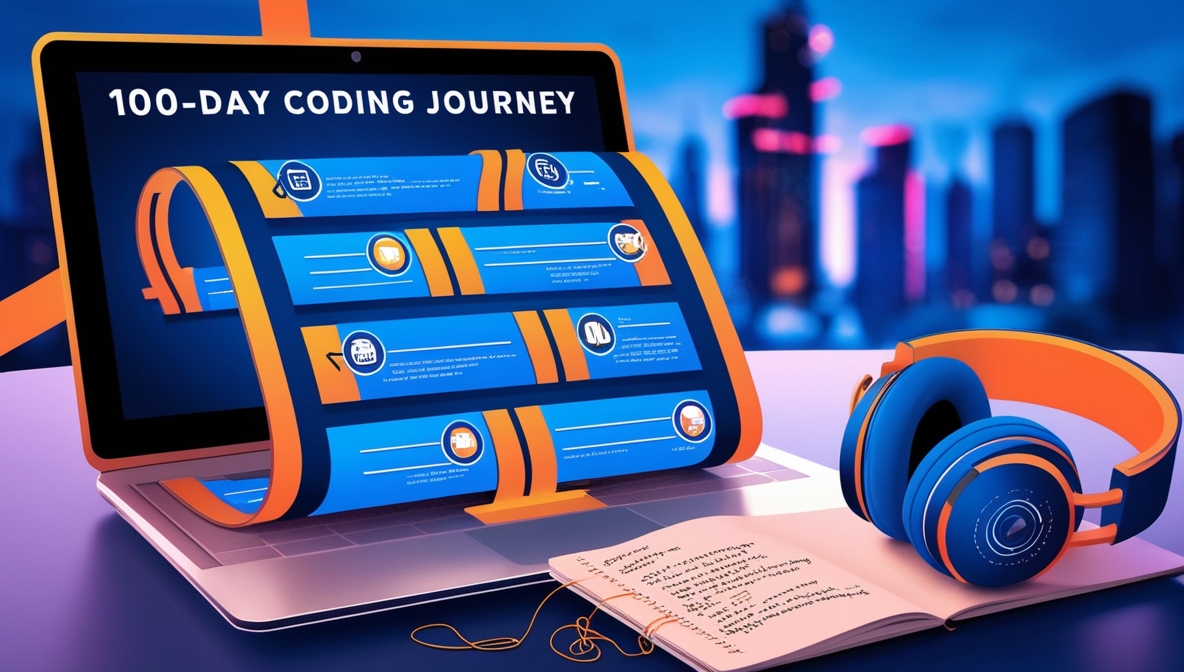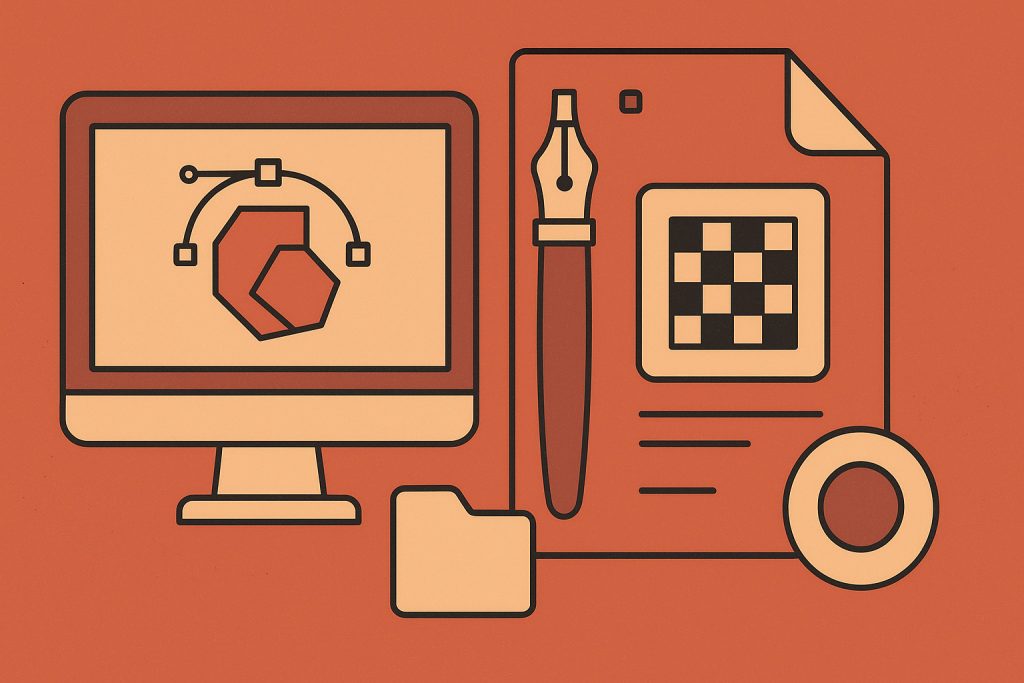Programming mastery requires consistency, curiosity, and hands-on problem-solving. The “100 Days of Code” challenge is designed to help programmers at all levels develop habits that lead to tangible improvement. The goal is simple: code daily for 100 days and document progress.
Why 100 Days of Code Works
- Builds Discipline: Consistent practice improves problem-solving and coding fluency.
- Encourages Accountability: Sharing progress publicly keeps you motivated.
- Strengthens Skills: Repetition helps internalize concepts.
This roadmap provides a structured approach to help you succeed.
Preparing for the Challenge
1. Define Your Goals
Before starting, identify what you want to achieve:
- Learn a new programming language.
- Build a specific project, like a portfolio website or a mobile app.
- Enhance existing skills, such as mastering data structures and algorithms.
2. Choose Your Tools
Ensure you have the necessary tools:
- Code editor: Visual Studio Code, IntelliJ IDEA, or PyCharm.
- Version control: Git and GitHub to track your progress.
- Learning platform: FreeCodeCamp, Codecademy, or YouTube tutorials.
Daily Schedule for 100 Days
Week 1-4: Building Foundations
Focus on learning core concepts in your chosen programming language.
Week 1: Basics and Syntax
- Day 1-2: Install tools and write “Hello, World!” programs.
- Day 3-4: Learn variables, data types, and operators.
- Day 5-7: Practice conditional statements and loops.
Week 2: Functions and Data Structures
- Day 8-9: Understand how to write reusable functions.
- Day 10-11: Learn lists, dictionaries, and sets.
- Day 12-14: Solve beginner-level coding problems on platforms like HackerRank.
Week 3: Object-Oriented Programming (OOP)
- Day 15-16: Understand classes and objects.
- Day 17-18: Learn encapsulation, inheritance, and polymorphism.
- Day 19-21: Create small projects to apply OOP concepts.
Week 4: Debugging and Testing
- Day 22-23: Learn debugging techniques and use IDE tools effectively.
- Day 24-25: Write unit tests to ensure code accuracy.
- Day 26-28: Refactor older code to improve readability and efficiency.
Week 5-8: Intermediate Challenges
Week 5: Algorithm Mastery
- Day 29-30: Understand sorting and searching algorithms.
- Day 31-32: Solve problems involving arrays and strings.
- Day 33-35: Begin learning recursion.
Week 6: Real-World Projects
- Day 36-38: Create a basic CRUD application (e.g., To-Do List).
- Day 39-40: Integrate a simple database like SQLite.
- Day 41-42: Add user authentication.
Week 7: APIs and Web Development
- Day 43-45: Learn how to make API requests and handle JSON.
- Day 46-47: Build a weather application using OpenWeatherMap API.
- Day 48-49: Start exploring front-end frameworks like React or Vue.js.
Week 8: Strengthening Fundamentals
- Day 50-51: Review and optimize previous projects.
- Day 52-54: Deepen understanding of algorithm complexity (Big O Notation).
- Day 55-56: Take on intermediate coding challenges from LeetCode.
Week 9-12: Advanced Projects
Week 9: Data Structures
- Day 57-58: Learn about stacks, queues, and linked lists.
- Day 59-60: Implement these data structures manually.
- Day 61-63: Solve problems using graphs and trees.
Week 10: Advanced Algorithms
- Day 64-65: Study dynamic programming and memoization.
- Day 66-67: Learn about backtracking techniques.
- Day 68-70: Apply these skills to solve advanced problems.
Week 11: Full-Stack Development
- Day 71-73: Build a full-stack application using your chosen framework and database.
- Day 74-75: Add deployment via platforms like Heroku or AWS.
- Day 76-77: Learn about CI/CD workflows.
Week 12: Personal Project
- Day 78-80: Brainstorm and plan a unique project.
- Day 81-83: Start coding the backend and database.
- Day 84-86: Create a responsive and functional frontend.
Week 13-14: Polishing and Presentation
Week 13: Refactoring and Testing
- Day 87-89: Review your projects and optimize code.
- Day 90-91: Write comprehensive documentation.
Week 14: Showcasing Your Work
- Day 92-93: Create a portfolio to display projects.
- Day 94-95: Record a demo of your favorite project.
- Day 96-97: Share your work on GitHub or a personal website.
- Day 98-99: Write about your experience on LinkedIn or a blog.
- Day 100: Reflect on what you’ve learned and outline future goals.
Tips for Success
- Be consistent: Dedicate at least one hour daily.
- Document progress: Use Twitter or GitHub to track milestones.
- Improve typing speed: Faster typing can significantly enhance your coding efficiency. Consider taking a typing test regularly to track improvements and practice touch typing techniques.
- Ask for help: Join forums like Stack Overflow or Reddit.
- Stay adaptable: Modify the roadmap based on interests and challenges.
The “100 Days of Code” challenge isn’t just about writing code—it’s about building a stronger, more versatile programmer in you.






